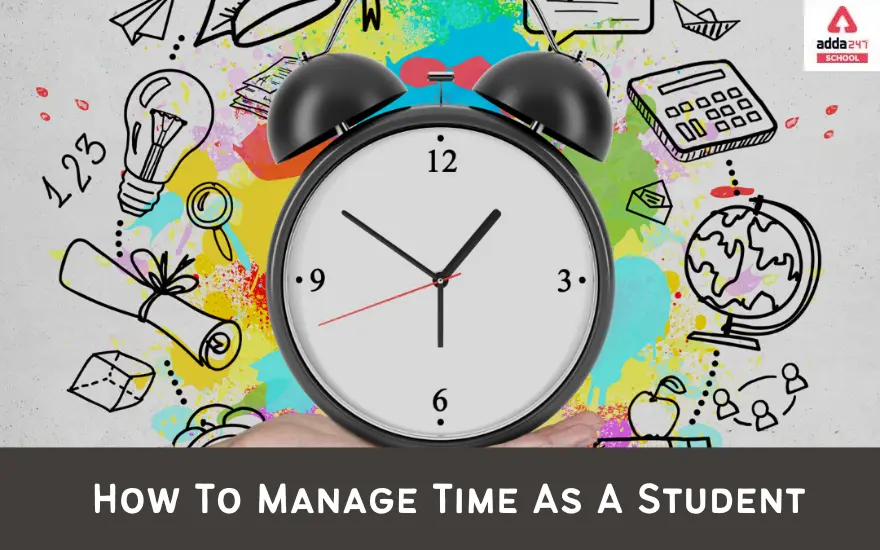Time management is the process of planning and controlling how much time is spent on specific activities. Good time management enables us to work smarter – not harder – so that we can get more done in less time, reduce stress, and improve our overall well-being.
There are many different time management techniques that can be used, and the best approach will vary depending on individual needs and preferences. However, some general tips for effective time management include:
- Set goals and priorities. The first step to effective time management is to know what you want to achieve. Once you have your goals in mind, you can start to prioritize your tasks and activities.
- Plan your time. Once you know what you need to do, it’s important to create a plan for how you’re going to do it. This could involve creating a daily to-do list, weekly schedule, or monthly calendar.
- Break down large tasks. Large tasks can be daunting and overwhelming, so it’s helpful to break them down into smaller, more manageable steps. This will make them seem less daunting and make it easier to get started.
- Set deadlines. Deadlines can help you stay on track and avoid procrastination. When you know when something is due, you’re more likely to focus on it and get it done.
- Take breaks. Working for long periods of time without taking a break can lead to burnout and decreased productivity. Make sure to take breaks throughout the day to rest your mind and body.
- Delegate tasks. If you have too much on your plate, don’t be afraid to delegate tasks to others. This can free up your time so that you can focus on the most important things.
- Avoid distractions. Distractions can be a major time-waster. When you’re working on a task, try to eliminate as many distractions as possible. This could mean turning off your phone, closing unnecessary tabs on your computer, or finding a quiet place to work.
- Get organized. A cluttered workspace can make it difficult to focus and get things done. Make sure to get organized by creating a system for storing your work materials and keeping track of your tasks.
- Take care of yourself. It’s important to take care of yourself physically and mentally in order to be productive. This means getting enough sleep, eating healthy foods, and exercising regularly.
Time management is a skill that takes time and practice to develop. However, by following these tips, you can start to improve your time management skills and get more done in less time.
Here are some additional tips for effective time management:
- Be realistic about your time commitments. Don’t try to do too much at once, or you’ll just end up feeling stressed and overwhelmed.
- Be flexible. Things don’t always go according to plan, so be prepared to adjust your schedule as needed.
- Don’t be afraid to ask for help. If you’re struggling to manage your time, don’t be afraid to ask for help from friends, family, or a professional time management coach.
Time management is an important skill that can help you to improve your productivity, reduce stress, and achieve your goals. By following the tips in this article, you can start to improve your time management skills and get more done in less time.






